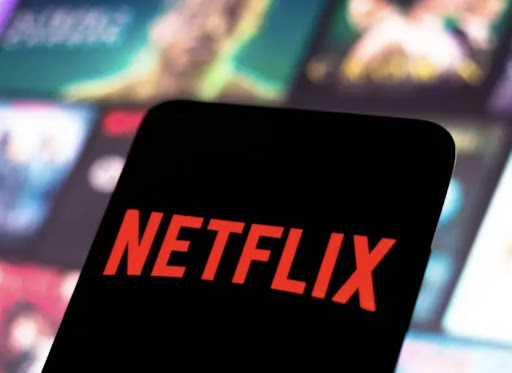Netflix just announced the entertainment giant will double down on its efforts to monitor the number of users accessing each account. A social media storm has ensued with netizens flooding to Twitter to resurrect old tweets from Netflix’s original password-sharing agenda, which encouraged families and friends to share access! In fact, they previously equated to sharing passwords with spreading love! Now, they are threatening those who attempt to do this!
This policy update has created an online hunt to find the inconsistencies in the company’s messaging. This is a prime example of how social media can dictate the trajectory of a brand’s reputation. What’s more, Netflix neglected to proactively prepare for the backlash over its inconsistent policies and messaging; or, perhaps the company is not (really) concerned because of the abbreviated media story lifecycle and its ability to overcome a previous Netflix rate hike in 2011 that spawned revolt among users.
This sudden change in policy is a reminder to be careful about what and how you communicate online. A crisis like this requires more than just deleting an old Tweet; it sends the message that the brand is willing to go back on its word, which many perceive as a brand promise users value. While the jury is out on the extent to which this damages the Netflix brand over the long haul, many users have already terminated their accounts. All the while, the video streaming behemoth is largely ignoring the fact that there are far more high-quality video streaming services than there were in 2011.
Netflix loses money, lots of it, on password sharing, so why are people so upset? It’s because the company strongly encouraged – even promoted – password sharing and now it’s doing the complete opposite, which impacts millions financially. Yes, I admit, it’s armchair quarterbacking, but if you cannot restrict users from sharing passwords because your tech is not advanced enough to monitor and prevent it, then don’t promote your shortcoming and position it as a benefit of membership! That’s shortsighted and an extremely poor communications strategy, reeking of insincerity and deceit. In addition, it’s evident that the communications about this new policy was not well planned at all. It appears as if an operations or finance person or team made the call without consulting with the company’s head of corporate communications, which turned out to be disastrous.
Whether Netflix will implement the new password sharing policy globally is unclear. What’s certain is that the brand will continue to lose the support and respect of its users if the company does not utilize best in class communications, PR, and crisis communications strategies to transparently and compassionately address the issue – in mass media and on social media platforms. In times of change or crisis, corporate communications experts know that silence can be deadly. So, step up Netflix and thoughtfully participate in the conversation to ensure that you demonstrate respect for your customer base and show the masses you care.
When it comes to crisis communications, proactive communications is far more powerful and effective than reactive ones – when it’s far too late to manage perception and tell your side of the story.

